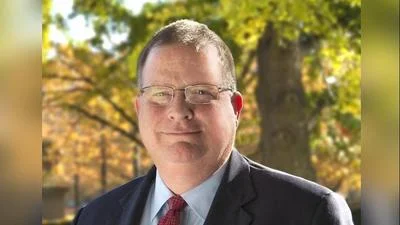The mission of Indigenous Farm Hub is to revitalize Indigenous culture and customs in agriculture, improve access to Indigenous food and increase sovereignty of tribal communities.
The Hub is a 17-acre field in its third year of providing fresh produce for the Indigenous community through the Community Supported Agriculture program where subscribers can receive six to eight fresh products every week through the end of October. The agricultural program provided fresh produce for about 100 families last year, according to a report by KRQE.
Clarence Hogue, director of communications and outreach for the Indigenous Farm Hub, said the pandemic highlighted some of the significant issues Indigenous communities are dealing with such as food security, food access, and food sovereignty. The ultimate goal of the program is to allow more rural communities the opportunity to grow their own sustainable food source.
“I think we have a lot of land that could be used for farming and growing our own food, and really teaching our people to get back into that part of our culture because I think a lot of us are land-based,” Hogue told KRQE. “Those resources are what sustains life for us. So, we want to help our younger generation to really get back into what it means to take care of the land so that we can grow our own food.”
Toward that end, the Indigenous Farm Hub launched a resident farmer program that teaches participants how to tend to the farm and take that knowledge back to their communities. “The thinking behind that is to bring in people from the different communities that we partner with,” Hogue told KRQE. “They come to the farm a few days a week and invest their time to learn some of the things we’re doing here but also, it’s a reciprocal relationship. We’re also learning from them as well.”
Eileen Schendo is one of the farmers in residence. She told KRQE she wanted to be part of the project to change how young Indigenous people view farming. “For us, I think it’s important that once we’ve seen these things work, to give back and show others that there’s possible ways,” Schendo said. “As we develop these ideas of what could be in our communities, I think a lot more people will have the support to not only purchase from them, but as tribes also grow, we’re huge economic stakeholders here in the state.”
More information including subscription terms can be found on the Indigenous Farm Hub website.








